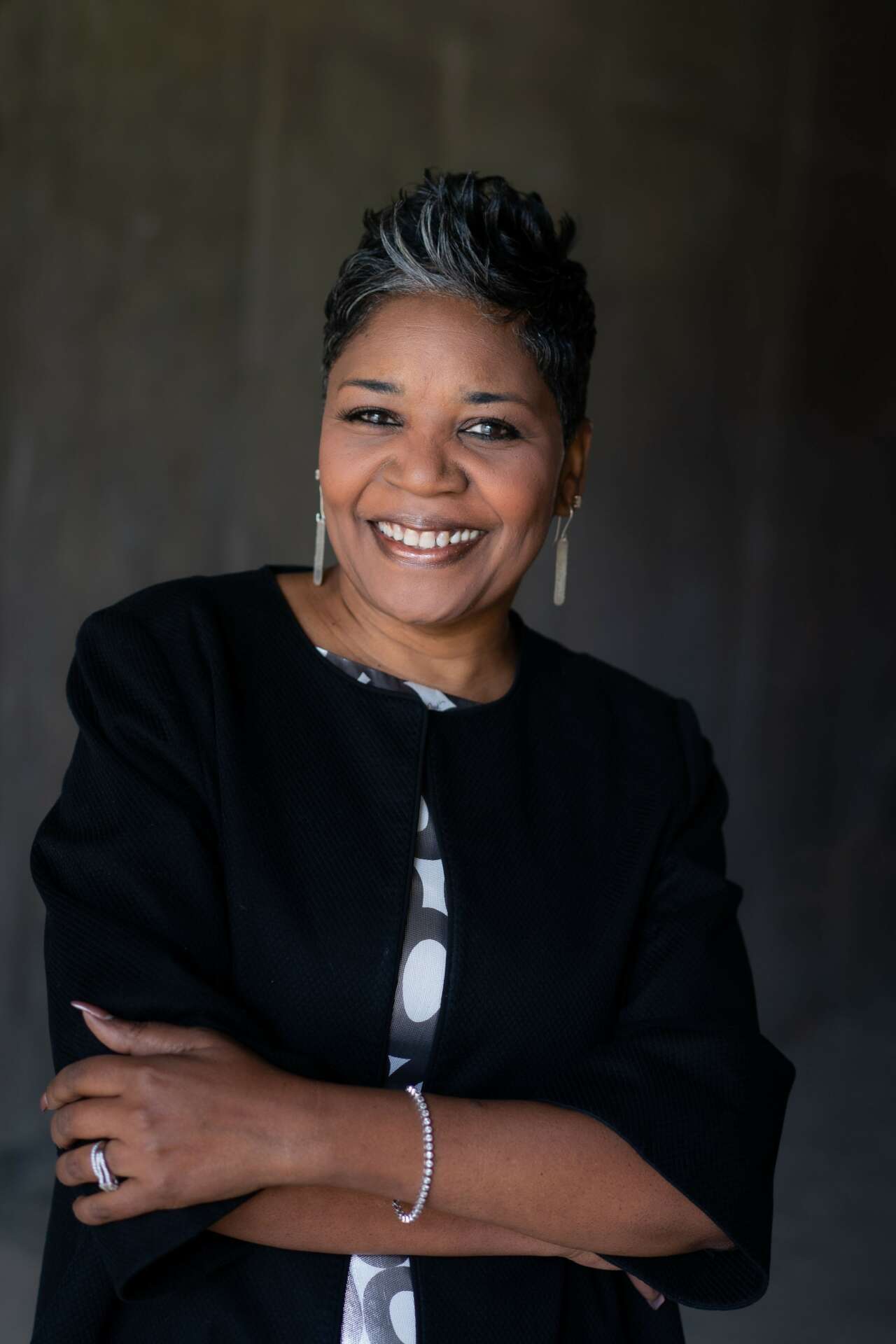We were lucky to catch up with Dwinita Mosby Tyler recently and have shared our conversation below.
Dwinita, thanks for joining us, excited to have you contributing your stories and insights. To kick things off, we’d love to hear about things you or your brand do that diverge from the industry standard.
The Equity Project is an equity, inclusion and diversity consulting firm and we work all over the U.S. Unlike larger organizations and their standards, we tend to meet participants where they are, recognizing there are many points of view and experiences with this topic area. We do our work in rural America and urban centers. We touch lives in large international organizations and small, mission-driven organizations. Our work engages people who are justice-centered and experienced in this work and also those who are new to the topic and may even be nervous about having conversations about things like race, power or privilege. We believe in something called “spaces filled with grace.” This mantra simply means when we work with clients we will work together, grow together, maybe screw up or not know the right things to say…and through it all, no one will be judged or critiqued in the process. We uphold this philosophy in all that we do.
As the leader of The Equity Project, I have been asked to intervene in some complex situations. I was asked by a police chief of a rural community to address a group of young men he coined “trouble-makers.” In fact, they were young, white nationalists. This police chief wanted a way to reach them and forge a conversation and out of desperation, he called me. I have never had such a complicated request and quite frankly, wasn’t sure if my presence or my words would even have meaning. I accepted, with hope and a lot of trepidation. My first question to the group of 20 young men was “why do you hate me?” There was silence and then a roar of words describing disdain for Black people. I listened intently and then raised my hand and said, “you missed what I asked…I asked why do you hate ME?” The room was silent for a moment and then one of the young men said, “you’re not like the rest of them.” That became the catalyst for a conversation about stereotypes and othering. The conversation went on for two hours, including me telling them “they weren’t like the rest of them, either.” The dialogue was rich, complicated and led to some understanding.
Sometimes the ability to diverge from industry standards is key. Without this, the work of The Equity Project would be status quo. This difference matters in a world where we are architecting equity. We want everyone to have exactly what they need to thrive in a complicated world; this will almost always mean we need different things to accomplish this.
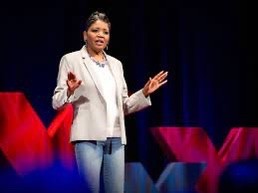
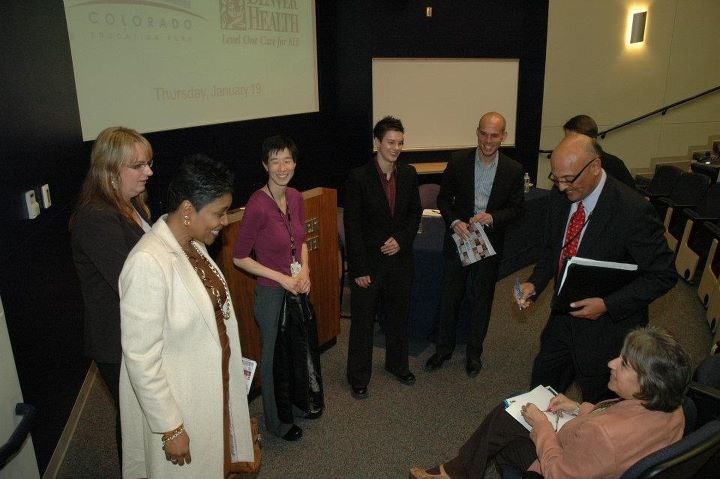
Dwinita, love having you share your insights with us. Before we ask you more questions, maybe you can take a moment to introduce yourself to our readers who might have missed our earlier conversations?
After a 32+ year journey as a Operations and Human Resources leader, with organizations like Kaiser Permanente, The City and County of Denver and Children’s Hospital Colorado, I decided to launch a consulting practice focused on Equity, Diversity and Inclusion (EDI) education, strategy and implementation. Along the way in my career, I realized how organizations across the country were talking about EDI, but weren’t necessarily implementing practices that institutionalized the efforts.
The Equity Project team offers a range of services that includes training, mediation, organizational assessments, equity audits, implementation strategies, equity lens and statement development and much more. We are proud of the work we have done all over the United States and much of it is described in our recent Impact Report: https://theequityprojectllc.com/wp-content/uploads/2023/04/EP_ImpactReport_DgitalPages-1.pdf
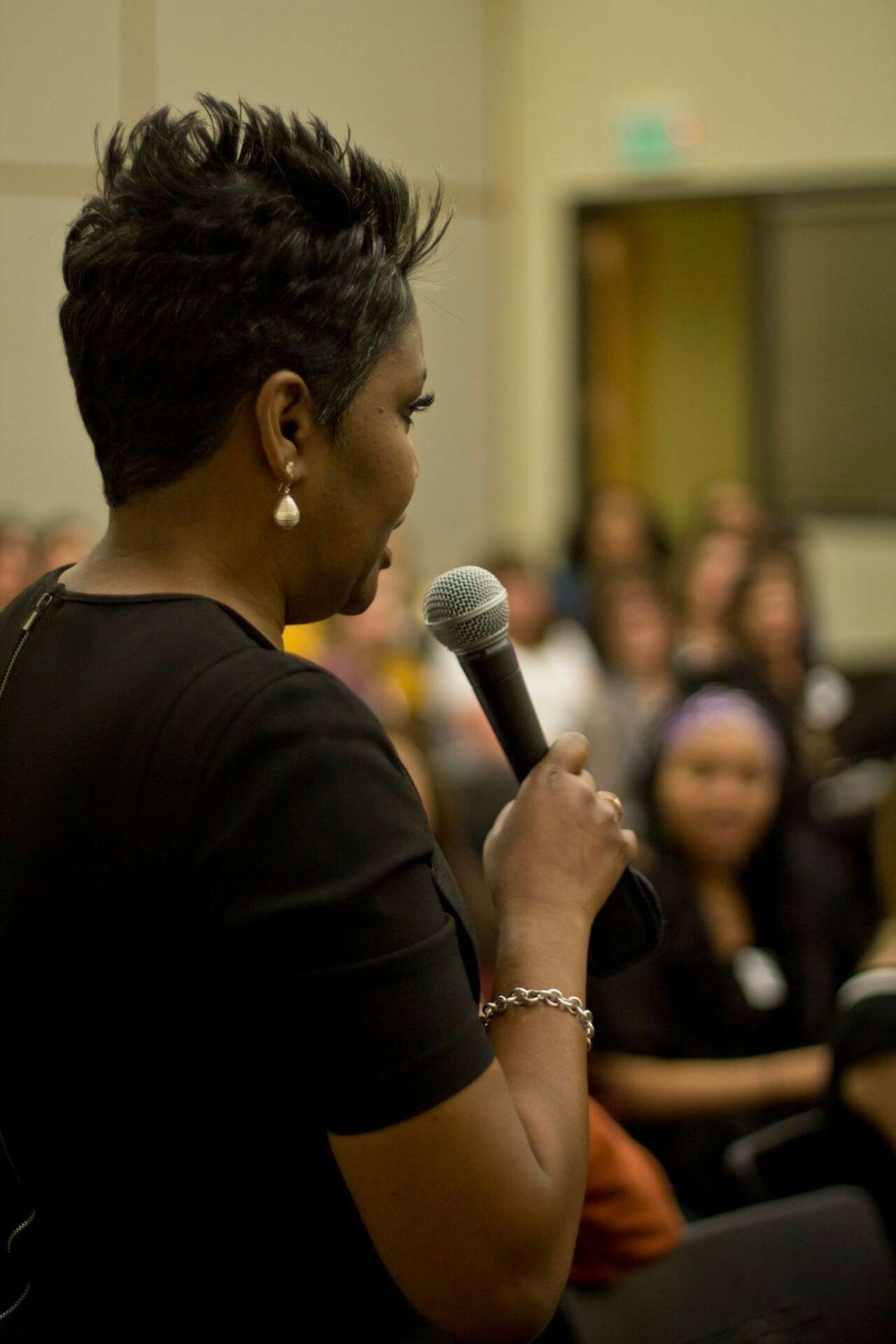
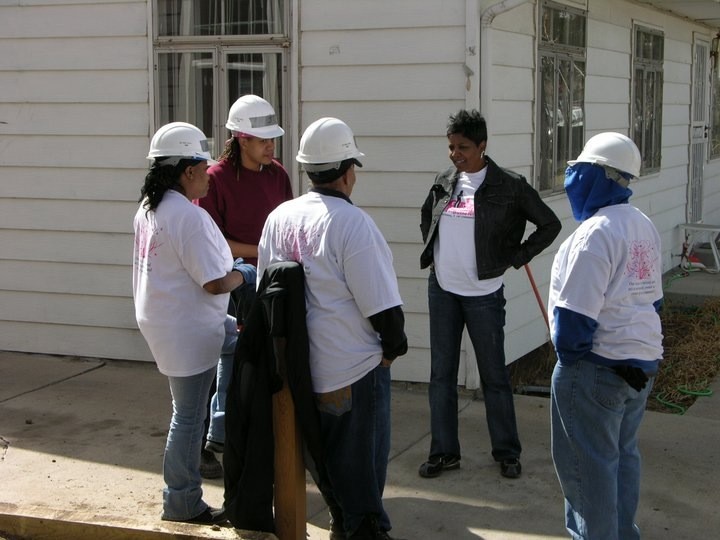
How’d you build such a strong reputation within your market?
Reputation is everything in a small business and the marketplace can be unforgiving with small businesses because there is already an assumption that we don’t have the chops that large businesses have. I feel strongly that the reputation of my business started with the fact that I had a good and broad reputation BEFORE I started my business. Because I held highly visible roles in organizations and boards and had a strong community presence, the marketplace had already established an opinion of who I was, what I stood for and the credibility of my work. In many ways, I was “proven” before I got started down my path of entrepreneurship.
When I announced that I was launching my firm, I had what would become my first client reach out in three days. From that point forward, almost every single client we have had has come to us via a referral from another client or an interest based on the previous reputation of consultants within the firm.
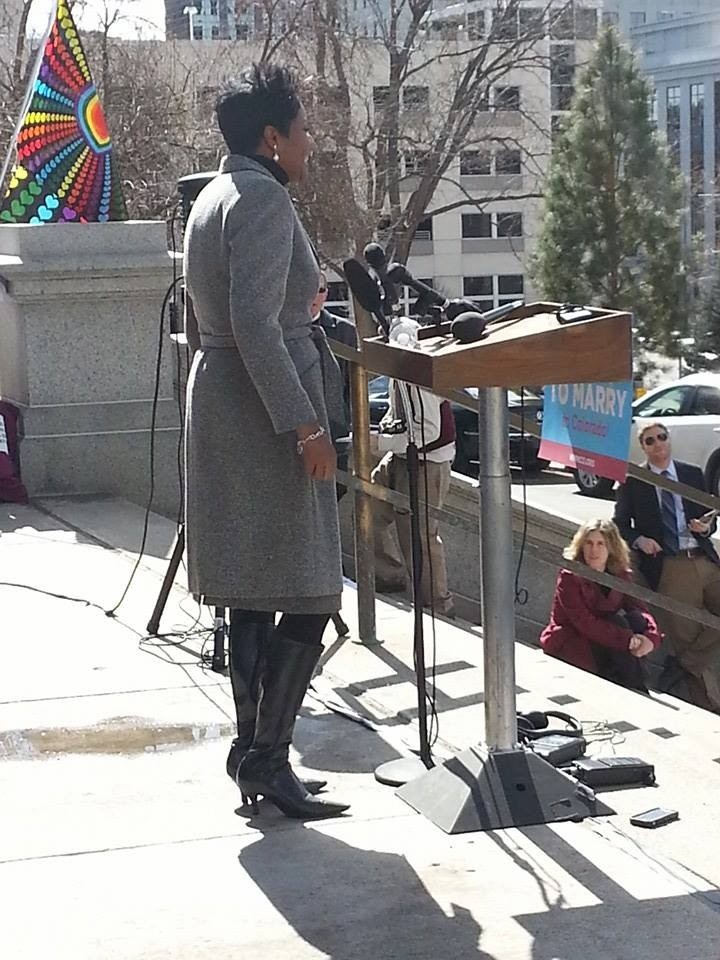
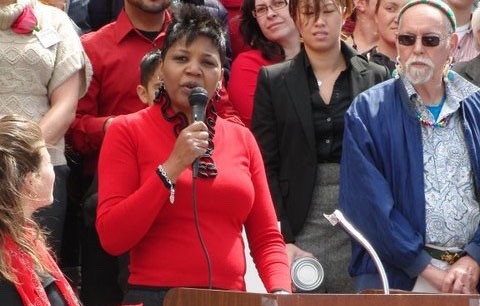
What’s been the most effective strategy for growing your clientele?
Our most effective strategy for growing our clientele is to move our clients from learning to action. The more we can highlight clients who are doing EDI work in an actionable way, the more we have interest from potential clients who may be in the learning phase to move to action. The key to EDI work is to move from a frame of learning/awareness to capacity building/behavior change to action/systems change. If we can illustrate how clients are moving through this continuum, there is much more desire for the potential client to engage in what can be complex work.
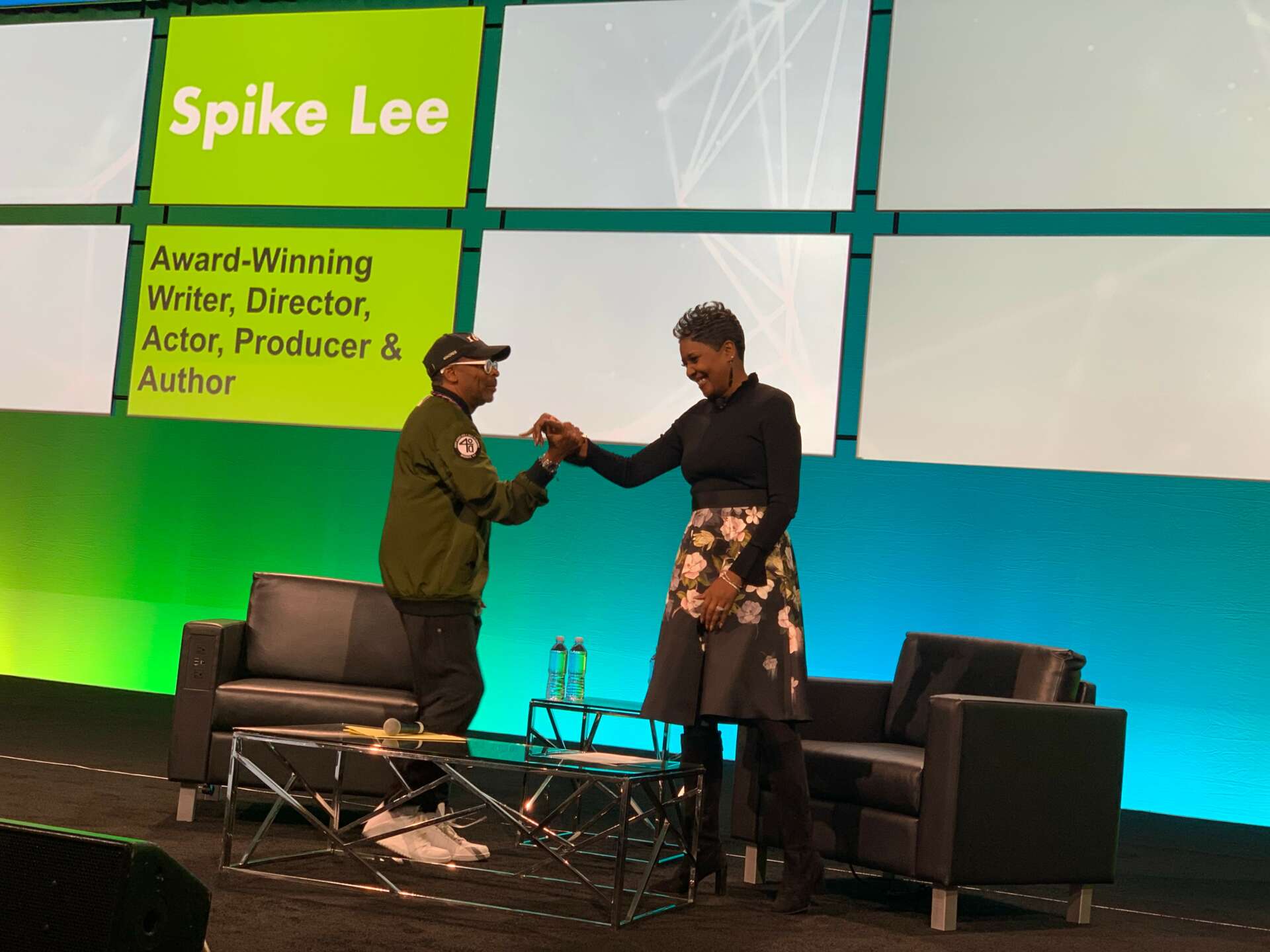
Contact Info:
- Website: www.theequityprojectllc.com
- Instagram: https://instagram.com/theequityprojectllc/
- Facebook: https://www.facebook.com/theequityprojectllc/
- Linkedin: www.linkedin.com/company/the-equity-project-llc/
- Twitter: https://twitter.com/weareequity


